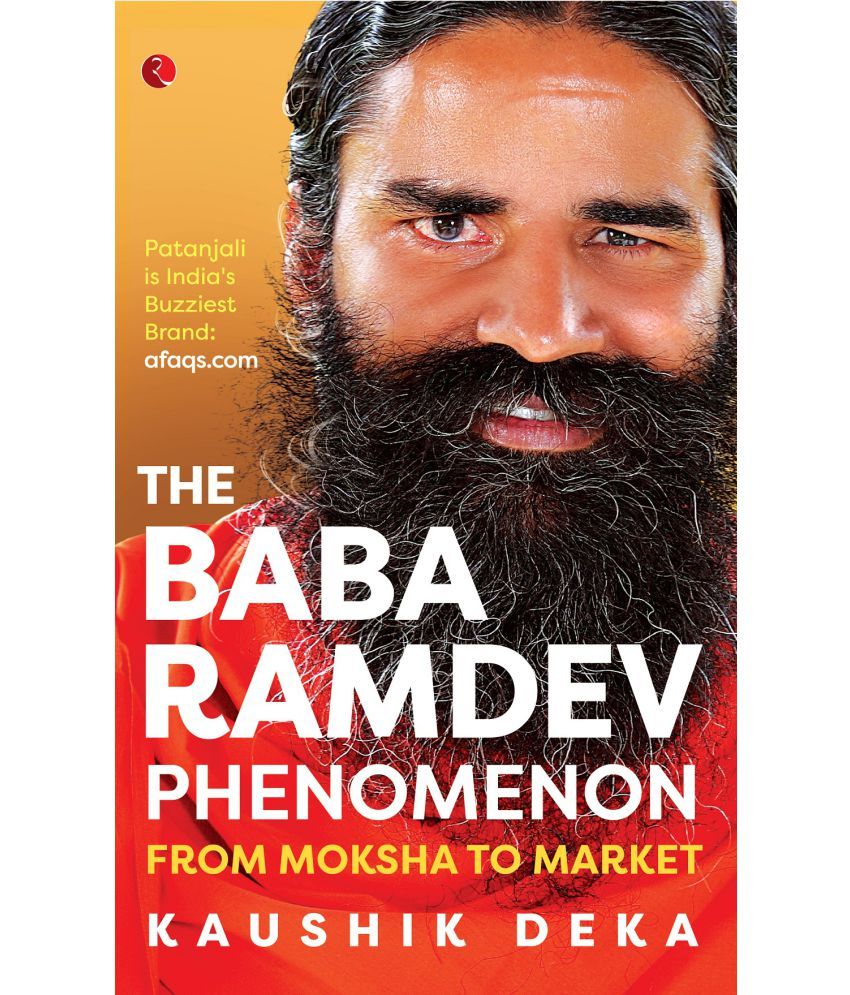‘Patanjali Ayurved has turned out to be the most disruptive force in the Indian FMCG market...it witnessed a whopping annual growth of 146% in fiscal year 2016, grossing a turnover of ,769 million.’—Assocham–TechSci research report\nWhen in 1965, at Saidalipur, a nondescript village in Haryana, a baby boy was born to a marginal farmer, there was hardly any celebration. They were happy to receive what they believed was ‘the most precious gift from God’ but there was no time to pause, reflect or celebrate. People needed to get on with their lives. Little did they realize that the newborn would take this philosophy of detachment to a different level altogether. And if this detachment was induced in their life by poverty and hardship, three decades later their child was to show the world how to practise the same philosophy and even, while doing so, gather unimaginable wealth—an approximate net sum of `10,000 crore. He was to become Baba Ramdev, the celebrated yoga guru, and one of the founders of Patanjali Ayurved Limited and Patanjali Yogpeeth.\nThe Baba Ramdev Phenomenon offers a detailed account of Ramdev’s journey from attaining moksha in the Himalayas to ruling the market, especially the FMCG sector, with his Patanjali products. It captures the rise and rise of Patanjali and the various factors that worked for it, most importantly, the vision of Ramdev and the able assistance of his associate Acharya Balkrishna.
About the Author
Kaushik Deka is a Senior Associate Editor with India Today. He hails from Tihu, a sleepy town in lower Assam. An alumnus of the Indian Institute of Mass Communication (IIMC), New Delhi, Deka has earlier co-authored the book The Secret Killings of Assam.

